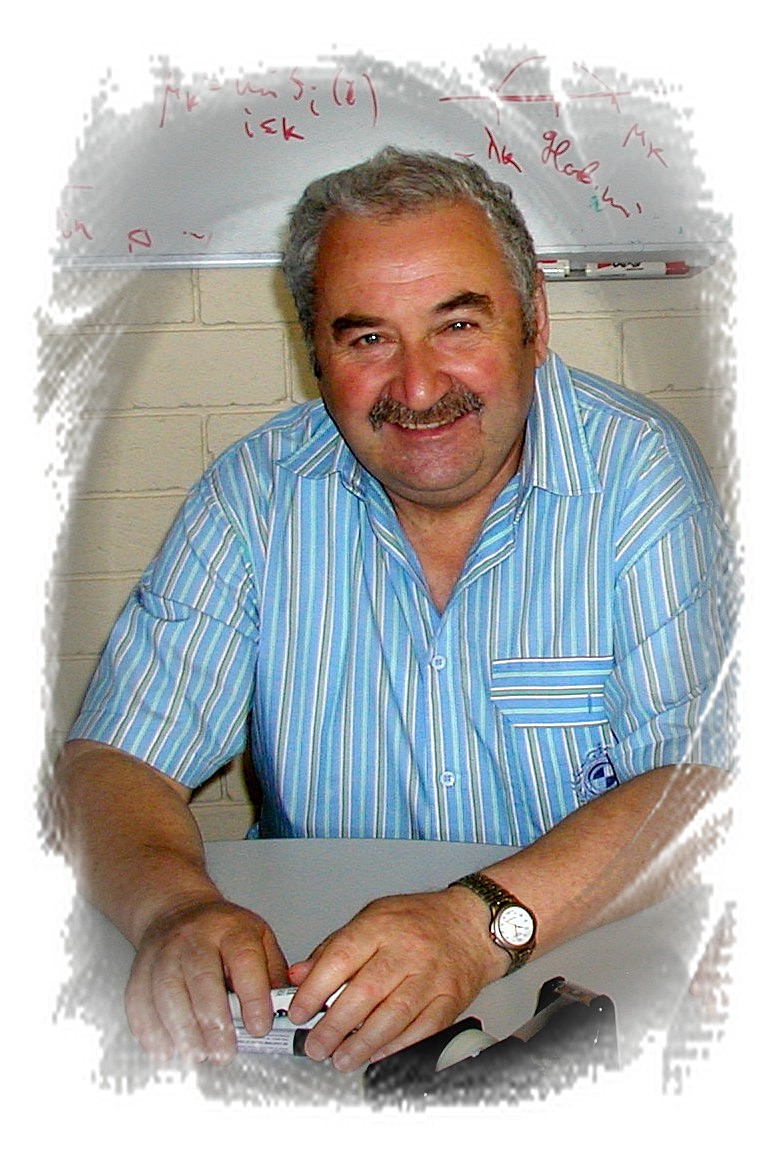
The 15th Alexander Rubinov Memorial Lecture on February 15 at 2.30pm to 4pm
Dear colleagues,
We will have the 15th Alexander Rubinov Memorial Lecture on February 15 at 2.30pm to 4pm as a part of CSA lecture series. This time the lecture will be given by Professor Juan Enrique Martinez-Legaz, Universitat Autonoma de Barcelona, Spain. The topic is: Voronoi diagrams and their applications. Please use the link given below.
The lecture is intended for the broad audience.
Alexander Rubinov Memorial Lecture:
Voronoi Diagrams and Their Applications.
Juan Enrique Martinez-Legaz
Department d’Economia I d’Historia Economica
Universitat Autonoma de Barcelona
Abstract
In this talk, first I will talk about my collaboration with Professor Alexander Rubinov on many topics of nonlinear analysis and generalized convexity. Then I will discuss Voronoi diagrams and cells. Finally, I will present some interesting applications of Voronoi diagrams.
Dr Juan Enrique Martinez-Legaz is an Emeritus Professor at Universitat Autonoma de Barcelona, Spain. He received his PhD degree in Mathematics on 1981 from the University of Barcelona, Spain. He was awarded Doctor Honoris Causa, Universidad Nacional de Ingeniería (Lima, Peru, 2011) and EUROPT Fellow 2011. Professor Martinez-Legaz is serving on the editorial board of many international journals in optimization and operations research, including Journal of Global Optimization, Optimization, Journal of Optimization Theory and Applications. Since 1981 he delivered more than 100 keynote and invited talks in different international conferences. His research areas include continuous optimization, operator theory, convex and discrete geometry and economics.
________________________________________________________________________________
Microsoft Teams meeting
Join on your computer, mobile app or room device

